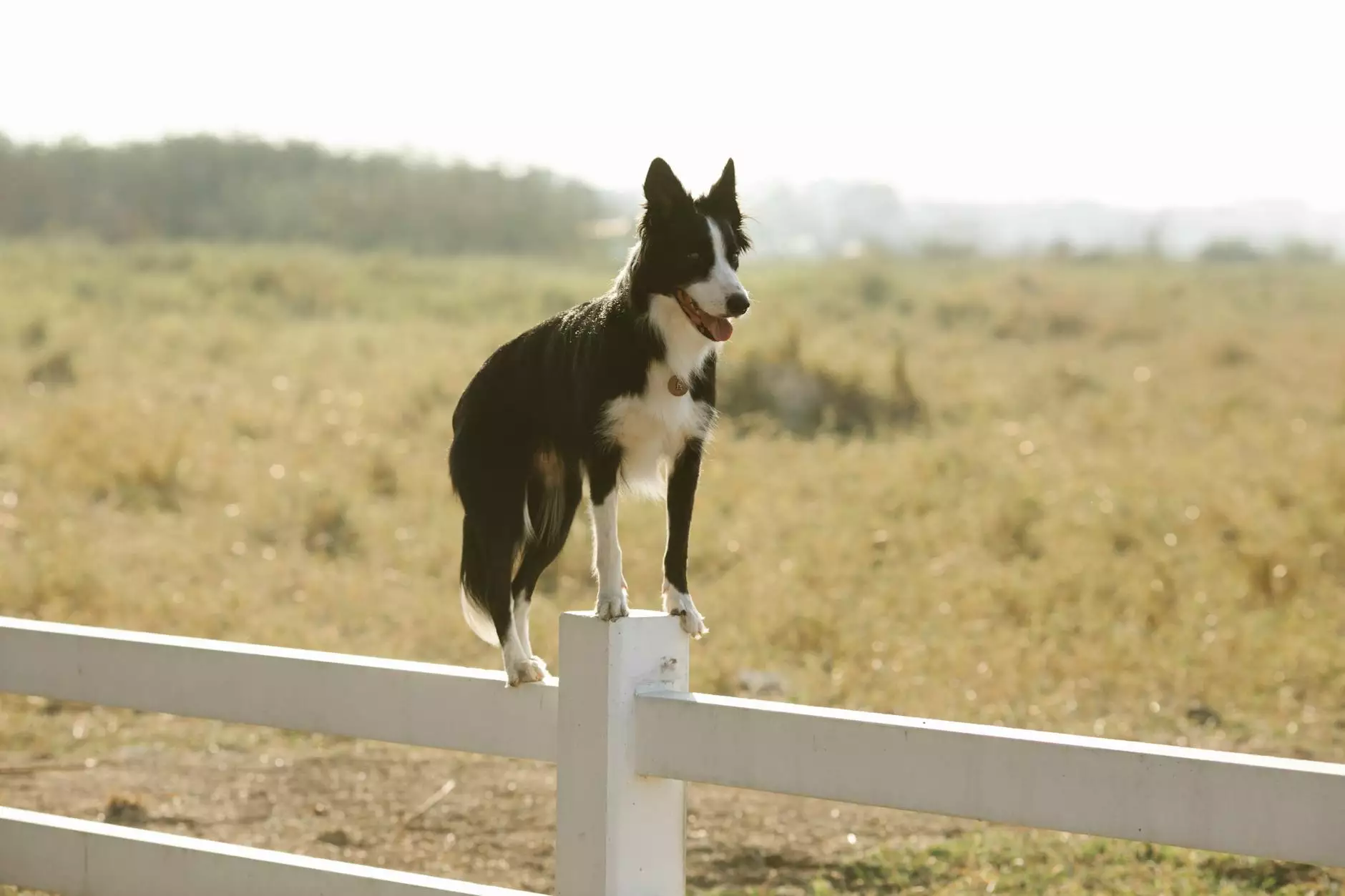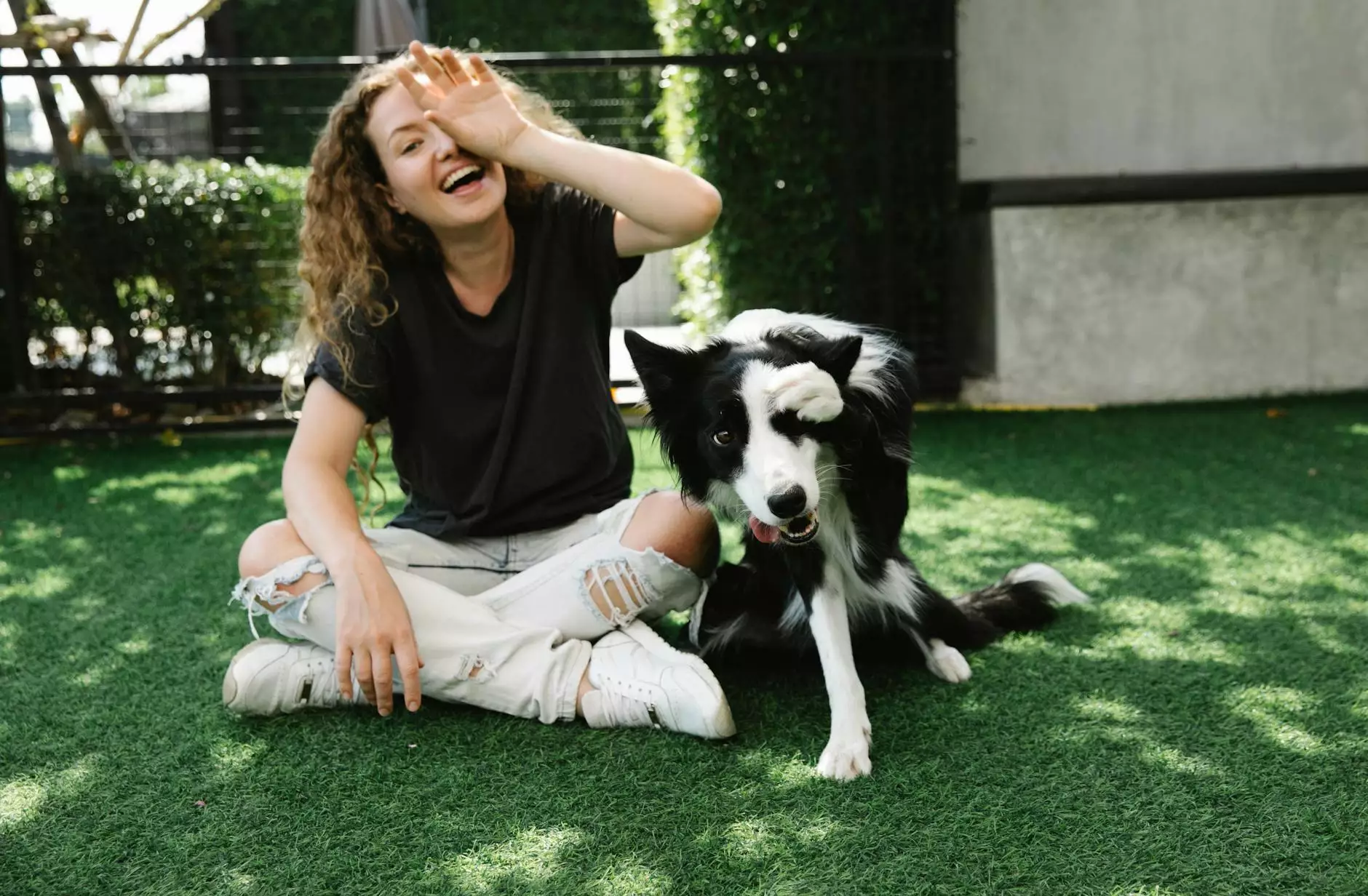Does Your Dog Have a New Year's Resolution?
Dog Care
Introduction
As we welcome another year, it's not only humans who make resolutions. Dogs, our loyal companions, can also benefit from setting goals to improve their overall well-being. At Wisconsin Adventures, we believe in nurturing the bond between humans and their canine friends. In this blog post, we will provide insights and tips on how to help your dog set and achieve New Year's resolutions for a happier and healthier life.
Understanding Your Dog's Needs
Before diving into the realm of New Year's resolutions for dogs, it's essential to understand their unique needs. Dogs require a combination of physical exercise, mental stimulation, proper nutrition, and social interaction to thrive. Analyzing your dog's behavior, health, and preferences will help you identify areas for improvement.
Setting Realistic Resolutions
When it comes to setting resolutions for your dog, it's important to be realistic and focus on achievable goals. Just like humans, dogs have different personalities, abilities, and limitations. Tailor their resolutions to their age, breed, and overall health condition. Here are some potential resolutions:
1. Increase Physical Activity
Regular exercise is crucial for a dog's physical and mental well-being. Consider incorporating longer walks, interactive playtime, or introducing them to new outdoor activities like hiking or swimming. Remember to consult with your vet before making any significant changes to your dog's exercise routine.
2. Improve Nutrition
A balanced diet is essential for your dog's overall health. Evaluate their current diet and consult with a veterinarian to ensure they are receiving the proper nutrients. Consider gradually transitioning to healthier food options or homemade meals, if appropriate. Always monitor your dog's weight and adjust their diet accordingly.
3. Mental Stimulation
Just like humans, dogs need mental stimulation to prevent boredom and promote cognitive development. Engage your dog with interactive toys, puzzle games, or obedience training sessions. These activities will keep their minds sharp and provide a sense of accomplishment.
4. Regular Health Check-ups
Make a resolution to prioritize your dog's health by scheduling regular check-ups with a trusted veterinarian. Routine examinations, vaccinations, dental care, and parasite prevention are essential to ensure your dog maintains optimal well-being.
5. Enhance Socialization
Dogs are social creatures and thrive on positive interactions with other animals and humans. Commit to socializing your dog by arranging playdates, attending dog-friendly events, or enrolling them in obedience classes. Remember to introduce new experiences gradually to prevent overwhelming your dog.
Supporting Your Dog's Resolutions
Once you have set your dog's resolutions, it's crucial to provide them with the necessary support and resources to succeed. Consider the following tips:
1. Create a Consistent Routine
Dogs thrive on structure and consistency. Establish a daily routine that incorporates their resolutions, such as regular exercise times, feeding schedules, and training sessions. Consistency will help your dog adapt and develop good habits.
2. Reinforce Positive Behavior
Positive reinforcement is a powerful tool in shaping your dog's behavior. Reward your dog with praise, treats, or affection when they exhibit the desired behaviors related to their resolutions. This positive association will encourage them to continue progressing towards their goals.
3. Seek Professional Help if Needed
If you encounter challenges or need guidance in helping your dog achieve their resolutions, don't hesitate to seek professional help. Trainers, behaviorists, or veterinarians with expertise in canine behavior and training can provide invaluable support and guidance tailored to your dog's specific needs.
Celebrate Progress and Adjust as Necessary
Remember that progress takes time and patience. Celebrate each small milestone your dog achieves in their journey towards fulfilling their resolutions. Stay observant and adapt the resolutions as necessary if you notice any limitations or changes in your dog's behavior or health.
Conclusion
By helping your dog set and achieve New Year's resolutions, you are investing in their well-being and fostering a stronger bond. Wisconsin Adventures encourages dog owners to prioritize their furry friends' health, happiness, and growth. Start the new year on the right paw by implementing these tips and watch your dog thrive!
References
- Article: "New Year's Resolutions for Dogs" by Veterinary News
- Book: "Dog Training 101: A Step-by-Step Guide for Happy & Obedient Dogs" by Sarah White
- Website: American Kennel Club









